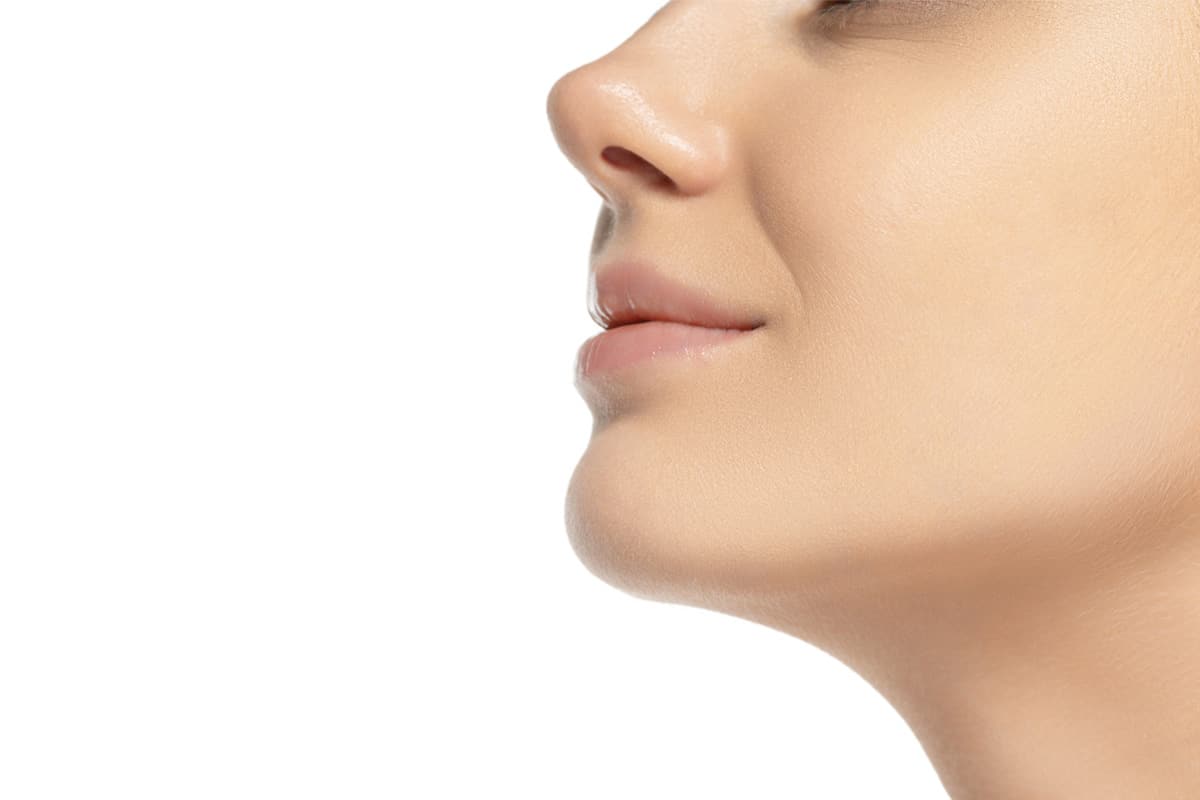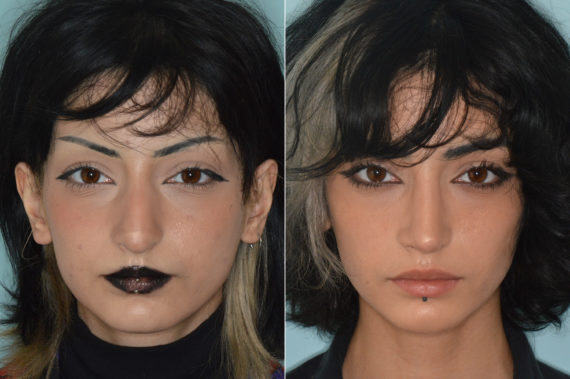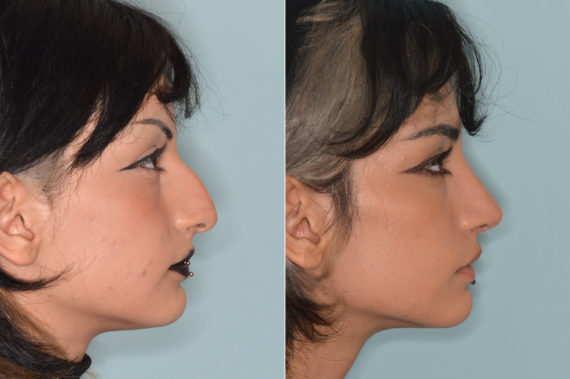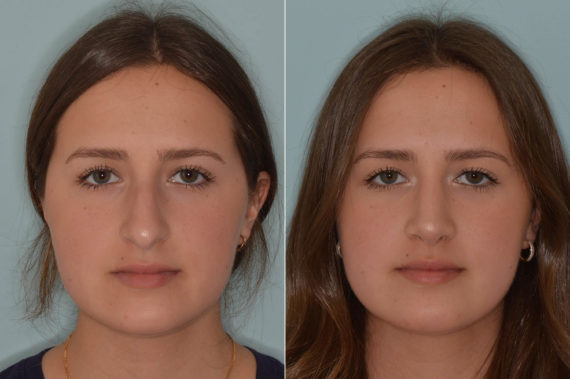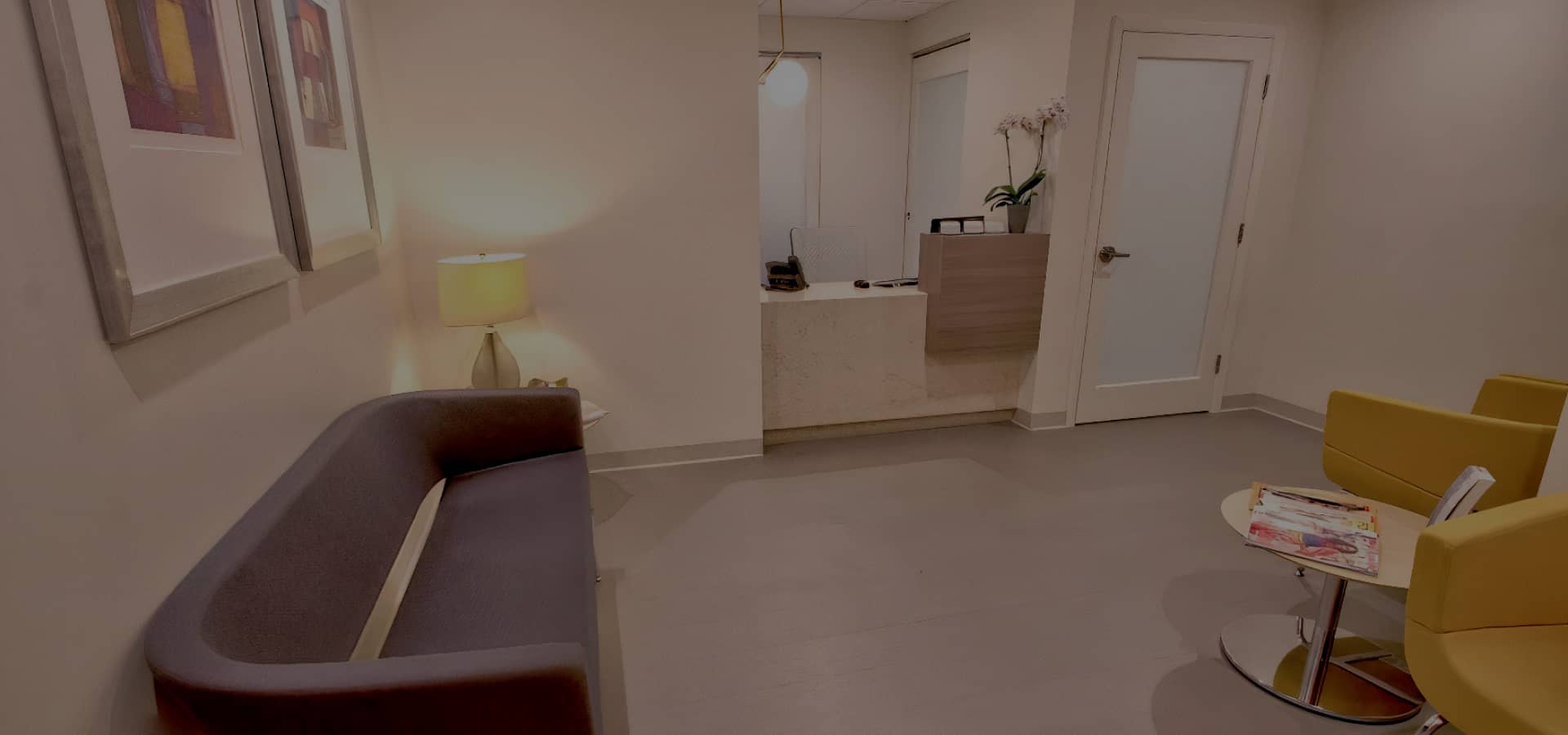Bruising around the nose and eyes is a frequent occurrence after undergoing rhinoplasty Miami. This article explores the causes of bruising after rhinoplasty, the typical duration of bruising, and various ways to manage and minimize the appearance of bruises during the healing process after surgery.
Why Choose Dr. Anthony Bared
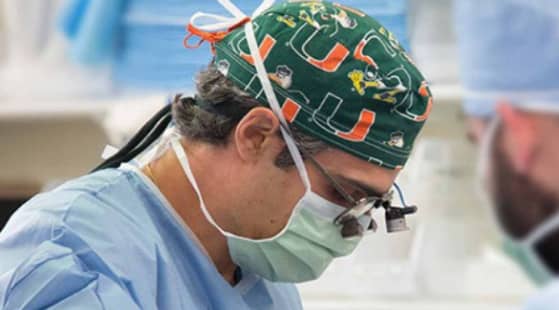
- Dr. Bared’s training was first in Otolaryngology at the University of Miami, followed by the awarding of a highly competitive fellowship by the American Academy of Facial Plastic and Reconstructive Surgery at the University of Illinois-Chicago.
- He is Double Board Certified by the American Board of Facial Plastic and Reconstructive Surgery and the American Board of Otolaryngology.
- Dr. Bared has numerous publications and has lectured at various nationwide scientific meetings.
- He also serves as a clinical voluntary Assistant Professor at the Florida International University, Herbert Wertheim College of Medicine.
- Dr. Bared is a recognized provider of the Foundation Aesthetic Hair Restoration Method. He uses his surgical skills and artistic instincts to offer advanced techniques that ensure natural and transformative results in beard and hair transplants.
Understanding Bruising Post-Rhinoplasty: What to Expect
Post-rhinoplasty bruising is a result of the disruption of blood vessels in the nose during the surgical procedure. It is a normal part of the healing process and usually manifests as discolored areas around the nose and eyes. When blood vessels are injured, they bleed, and the accumulated blood may gather beneath the skin, resulting in visible discoloration, known as a bruise.
Following your rhinoplasty surgeon’s post-surgical care instructions will minimize the risk of complications and promote a speedy recovery. In addition, maintaining a healthy lifestyle, avoiding alcohol before surgery, and staying hydrated by drinking plenty of water can help reduce the chance of water retention and residual swelling after rhinoplasty surgery.
Key Factors Contributing to Post-Rhinoplasty Bruising
Blood Vessels in the Nose
The nose is home to a vast network of tiny blood vessels that can be disrupted. When these fragile blood vessels are damaged by the restructuring of nasal anatomy during rhinoplasty surgery, blood leaks into the surrounding tissue, causing discoloration and swelling. The degree of bruising experienced after a nose job depends on several variables, including the patient’s individual propensity for bruising, the extent of the surgical work performed, and the surgical technique that was used.
Extensive Surgical Work
A more extensive surgery, such as breaking and reshaping the nasal bones, involves more extensive tissue trauma and often leads to a larger bruised area (and more severe bruising) for the rhinoplasty patient. In these more complex surgeries, the disruption of blood vessels during the surgery becomes more significant, allowing for increased leakage of blood into the surrounding tissues.
Swelling and Fluid Retention
During rhinoplasty, the delicate lymphatic vessels in the nasal area may be disrupted, leading to compromised lymphatic drainage. This disruption can impede the removal of fluid. As fluid accumulates in the tissues around the nose, it exerts pressure on the surrounding blood vessels and can exacerbate the appearance of bruising.
Following post-surgical care instructions, maintaining a healthy lifestyle, and staying hydrated by drinking plenty of water can also help reduce fluid retention and residual swelling after rhinoplasty surgery.

How Long Does Bruising Last?
Depending on the patient and the complexity of the surgery, the length of time for bruising after rhinoplasty can differ. Typically, there is a timeline for bruising:
- Hours after surgery: Bruises appear reddish due to oxygen in the blood.
- 1-2 days after surgery: Bruises become dark (purple, blue, or black).
- Around 5 days after surgery: Bruises start to fade, turning greenish and less purple.
- 1 week to 10 days after surgery: The fading bruise may transition from green to yellowish-brown.
- 2-3 weeks after surgery: Most patients’ visible bruising completely resolves.
It is essential to follow your surgeon’s post-operative care instructions to minimize the risk of complications for a speedy recovery.

Comprehensive Overview of Rhinoplasty Side Effects: Focus on Bruising
While it can provide transformative results, patients should be aware of potential side effects. Swelling, bruising, and nasal congestion are common issues addressed by rhinoplasty. These temporary effects typically subside within a few weeks as the nose heals. It is important to follow the post-operative care instructions provided by your surgeon to minimize discomfort and ensure a smooth recovery.
Discussing Bruising and Recovery During Your Rhinoplasty Consultation
During a rhinoplasty consultation, patients may have concerns about bruising and swelling after surgery. It’s common to wonder what to expect during consultation regarding this issue. The consultation process typically includes a thorough discussion of the procedure, possible risks, and comprehensive post-operative care, which often addresses concerns like bruising and ways to minimize it.
Effective Strategies to Manage and Reduce Bruising Post-Rhinoplasty
There are several ways to manage and minimize the appearance of bruises after rhinoplasty. These include:
Cold Compresses: Utilizing cold compresses on the affected areas is an effective method to alleviate post-operative bruising and reduce swelling in the days after rhinoplasty surgery Miami. For the first 48 hours following your cosmetic procedure, apply cold compresses to the affected regions for 20-minute intervals, with 20-minute breaks in between.
Cold compresses can also provide a numbing effect, which can help alleviate discomfort with bruising after rhinoplasty. It’s important not to apply pressure on the nose or put ice directly on the skin during this process, as doing so can hinder the healing process and potentially cause complications such as frostbite or skin damage.
Head Elevation: Elevating your head, particularly while sleeping, can aid in minimizing bruising and swelling after a nose job Miami. This position promotes better blood circulation and prevents fluid from accumulating around the nasal structures and eyes. For at least the first week after surgery, it is recommended to keep your head elevated using extra pillows or a reclining chair to maintain a comfortable position.
Vitamin C Supplements: Vitamin C possesses anti-inflammatory properties that can help reduce the severity and duration of bruising. It helps modulate the body’s immune response, suppressing excessive inflammation to support the body’s natural healing process. By reducing inflammation, vitamin C can help alleviate the redness, swelling, and discomfort associated with bruising after rhinoplasty.
In addition, vitamin C is required for the synthesis of collagen, a protein that plays a vital role in the structure and strength of blood vessels. By supporting collagen production, vitamin C helps strengthen the walls of blood vessels, reducing their susceptibility to damage and leakage of blood into the surrounding tissues.
Advanced Cold Therapy: Instead of traditional ice packs, consider using gel-based cold compresses that maintain a consistent temperature. These can be more effective in reducing swelling and are designed to conform to facial contours, providing more targeted relief.
Specialized Lymphatic Massage: Engaging in gentle lymphatic massage around the nose and cheek area can help expedite the removal of bruising. This should be done by a trained professional familiar with post-surgical facial care.
LED Light Therapy: Post-operative use of LED light therapy can promote faster healing. Specific wavelengths of light can reduce inflammation and increase blood flow, aiding in quicker resolution of bruises.
Dietary Adjustments: Incorporating foods rich in Vitamin K, such as kale and spinach, can aid in blood clotting and reduce the severity of bruising. Additionally, avoiding alcohol and salt pre- and post-surgery can significantly reduce swelling and bruising.
Elevation Strategy During Sleep: Elevating the head is standard advice, but using a specialized post-surgical pillow can provide optimal elevation and stability, preventing accidental turning that can exacerbate bruising.
Consult with your board-certified plastic surgeon or rhinoplasty surgeon for guidance on the appropriate dosage and duration of vitamin C supplementation.
Considering Secondary Rhinoplasty: What You Need to Know About Bruising
When it comes to deciding on secondary rhinoplasty, there are several important considerations to keep in mind. Factors such as desired outcomes, health considerations, and the expertise of the surgeon play a crucial role in the decision-making process. Ultimately, the decision for secondary rhinoplasty considerations relies on individual circumstances and the guidance of a qualified medical professional.
Identifying When Bruising After Rhinoplasty Requires Medical Attention
Bruising after rhinoplasty is a common side effect and typically subsides within 2-3 weeks after surgery. The body has mechanisms to clear away the blood from bruised areas over time. However, the rate at which blood is reabsorbed can vary among individuals. In some cases, the body may take longer to reabsorb the blood, resulting in prolonged or more noticeable bruising.
However, there are certain situations where you should seek medical attention. If you notice that your bruising worsens significantly in the days after surgery or does not show any improvement within a few weeks (or if there are any other unexpected changes in your healing process), it may be necessary to call your Miami rhinoplasty surgeon. In some cases, excessive bruising and swelling may be related to blood flow issues or blood pressure changes during or after the rhinoplasty procedure. These symptoms could indicate complications or an underlying issue that needs to be addressed by your surgeon.
It is essential to follow your surgeon’s post-surgical care instructions and avoid blood-thinning medications or supplements before and after surgery that may compromise healing and increase the risk of complications during the recovery process.
Consulting with Dr. Bared: Expert Advice on Rhinoplasty and Bruising Management
If you are considering rhinoplasty or have concerns about bruising after your procedure, it is essential to consult with a qualified plastic surgeon.
Dr. Anthony Bared, an experienced, double board-certified facial plastic surgeon in Miami, FL can provide a personalized treatment plan for your nose surgery and guidance on what to expect during rhinoplasty recovery, as well as offer recommendations for minimizing bruising. To talk with a rhinoplasty expert, please call (305) 359-7299 or click here to schedule your consultation online.
